Shanghai scientists have identified a "brake" in rice that regulates whether the plant needs to kick off an immune response or to grow, which may bring insights into cultivating rice species that achieve the best balance between immunity and growth.
The discovery may allow scientists to improve the ability of crops to resist diseases while absorbing nutrients at the same time. This may decrease the use of nitrogen fertilizer, which can cause environmental pollution and threaten food safety.
"As a result, the use of nitrogen and phosphorus fertilizers can be reduced without sacrificing yields. This will be of great value to reduce greenhouse gas emissions and environmental pollution around the globe," said Wang Ertao, a leading researcher on the team from the Chinese Academy of Sciences' Center of Excellence for Molecular Plant Sciences.
A paper about their research was published on the website of the journal Nature on Wednesday.
"We believe that this research has more potential to be applied to corn and wheat, so we also have a lot of work going on with those two crops in our lab," Wang said.
The research utilized interdisciplinary technology combining biochemistry, genetics and structural biology to unravel the complexities of the immune system in rice.
The team identified a protein that is crucial in regulating the activity of a receptor that plays a key role in the immune and symbiosis response of rice.
The receptor recognizes molecular signals from both symbiotic and pathogenic microbes.
Upon detecting substances from pathogenic fungi, it swiftly activates the plant's immune response, which can hinder rice growth, and thus impact yield and quality.
The protein was discovered to act as a molecular "brake", regulating the receptor in order to prevent unnecessary immune responses during normal conditions.
However, when pathogenic fungi are present, certain changes will happen at the key areas of the "brake", and its ability to control the receptor will be suspended. The immune signaling pathway is then activated, initiating plant immune responses against pathogenic fungi infection.
"The research result from one of the world's best labs in molecular plant sciences is a major breakthrough in the study of rice immune mechanism," said He Zuhua, an academician with CAS and a researcher at the center.
"It lays a theoretical foundation for a deeper understanding of how plants skillfully use the double-edged sword of their immune system to coordinate the balance of disease resistance as well as symbiosis and growth. It will also contribute to green agricultural development."













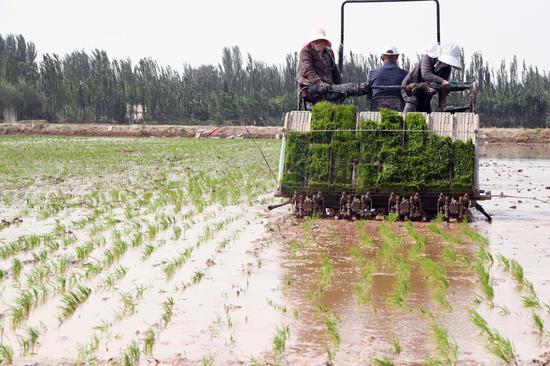
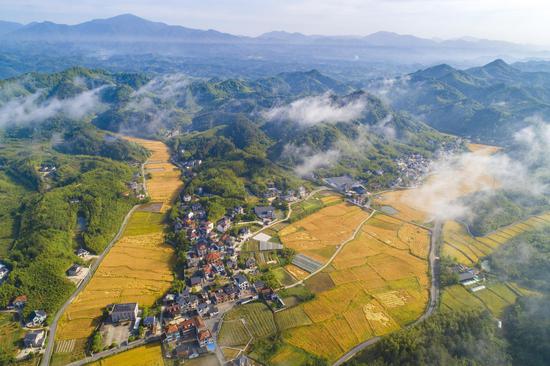
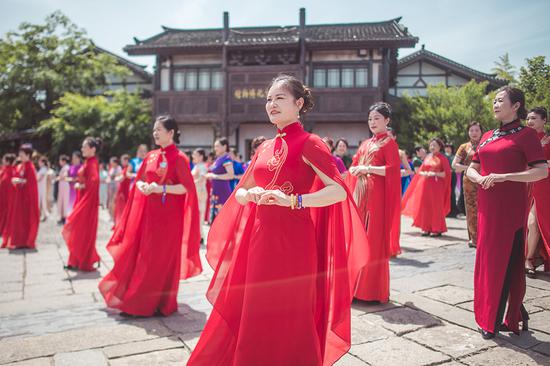

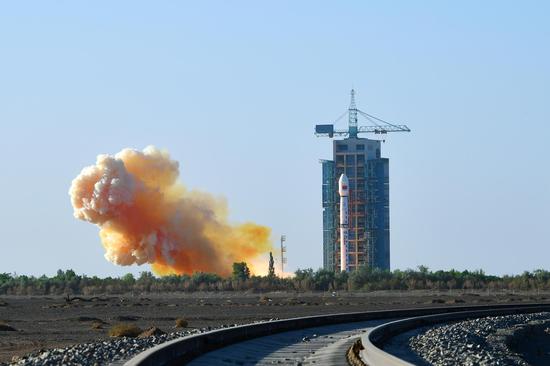



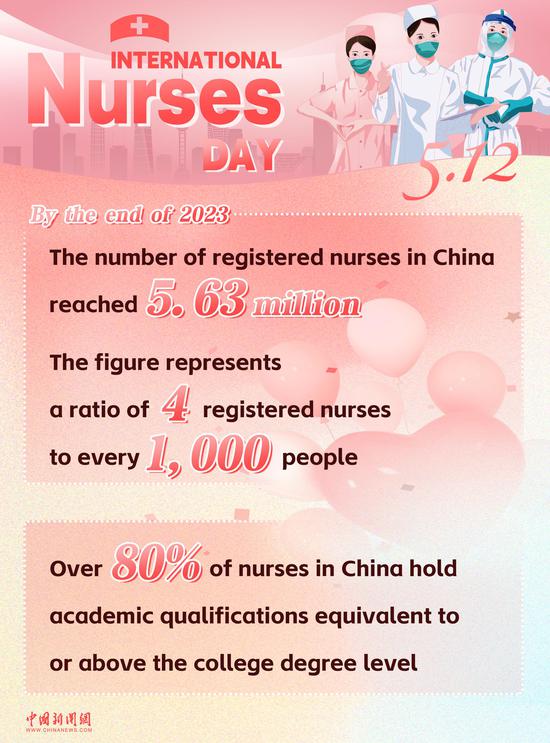






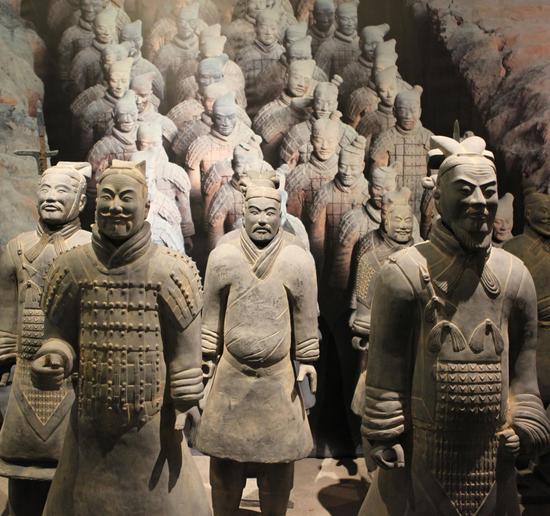


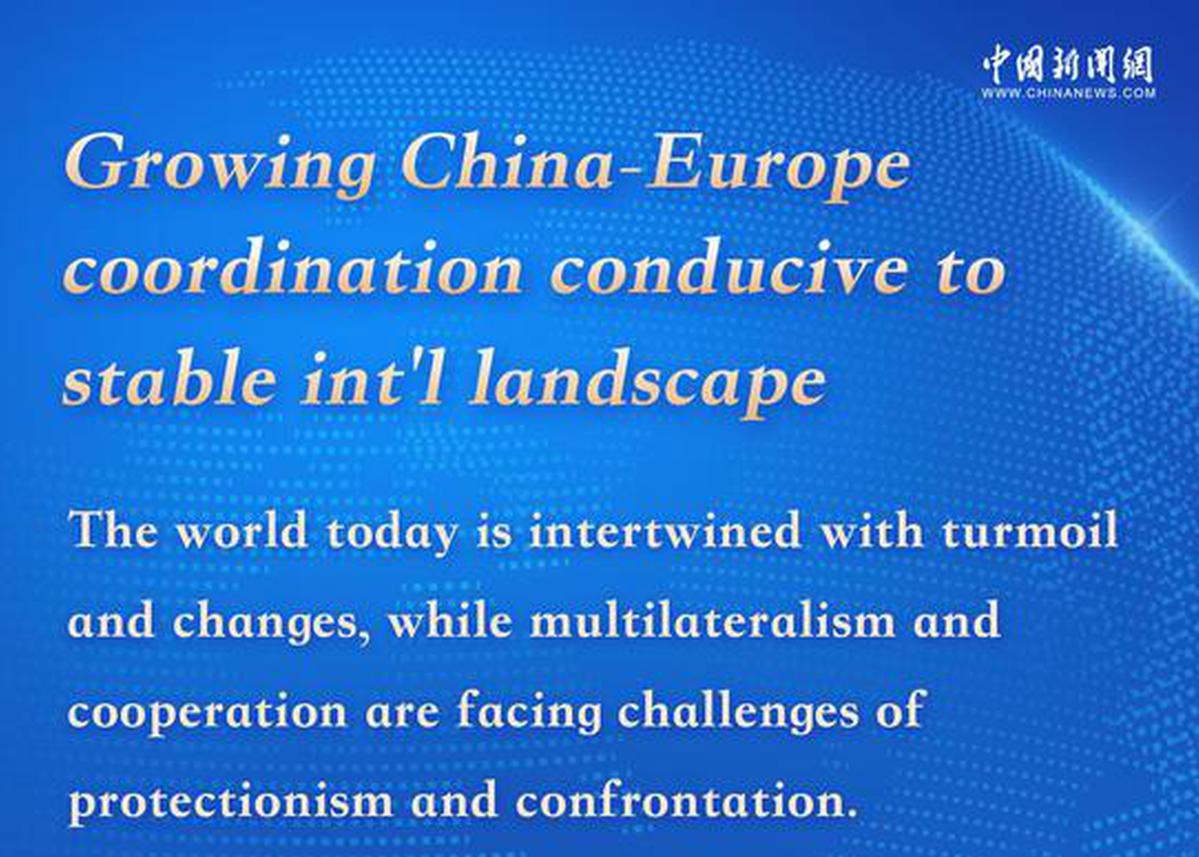
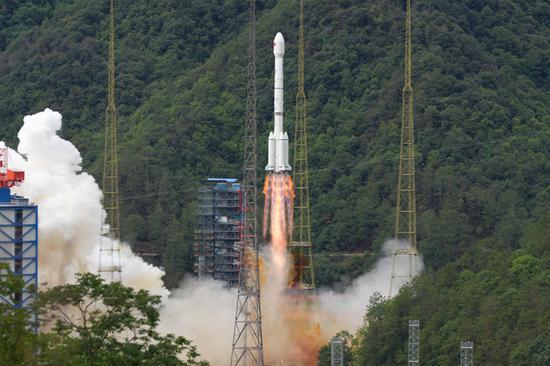


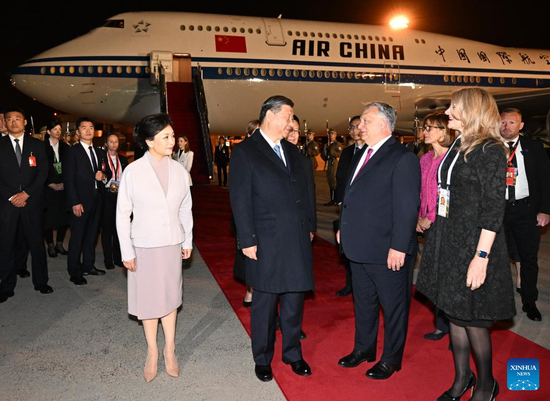

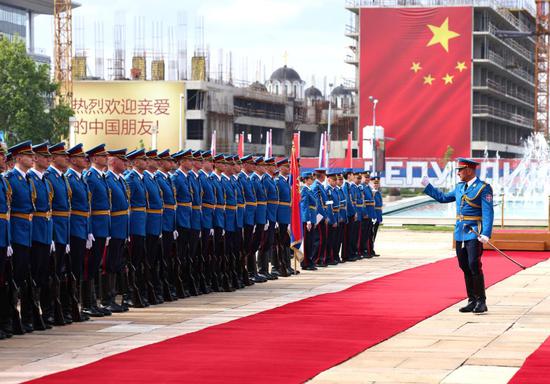


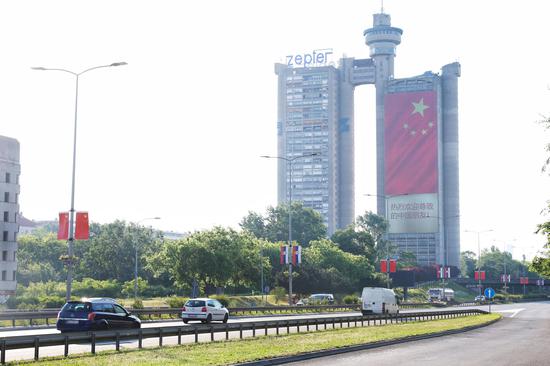



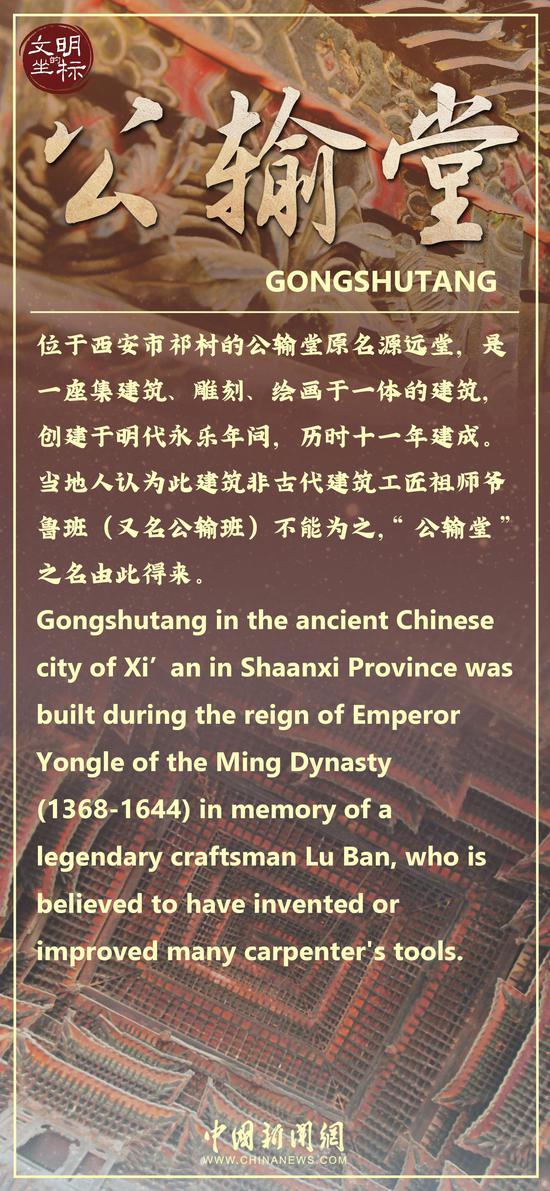





 京公网安备 11010202009201号
京公网安备 11010202009201号